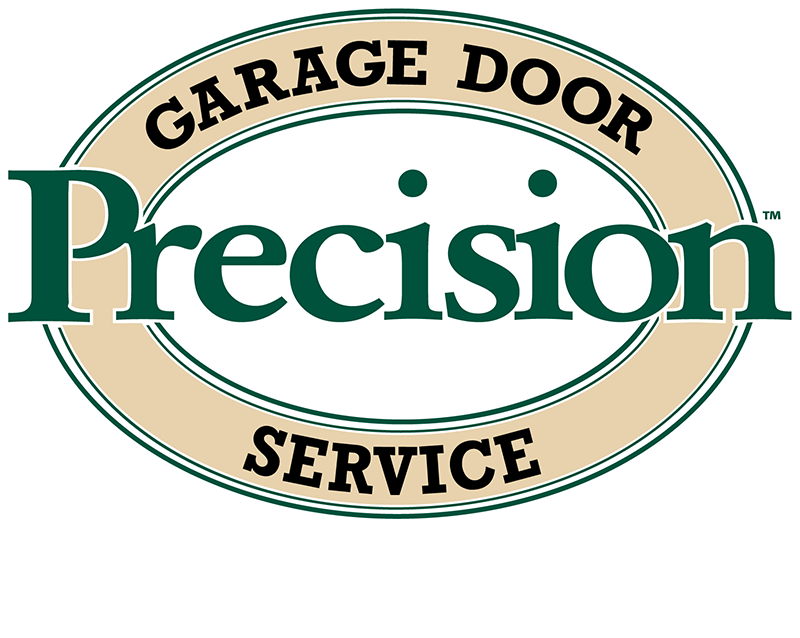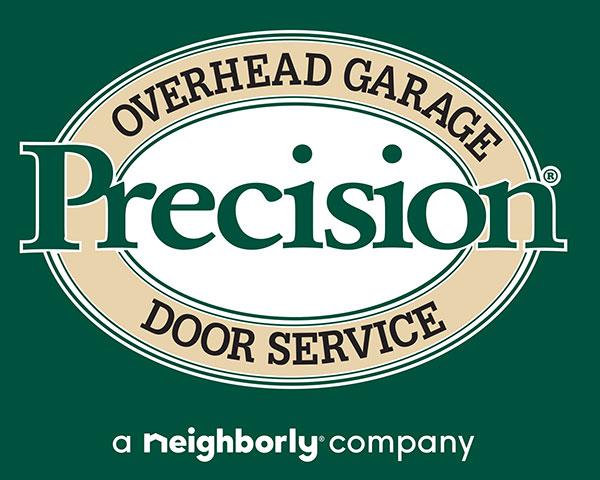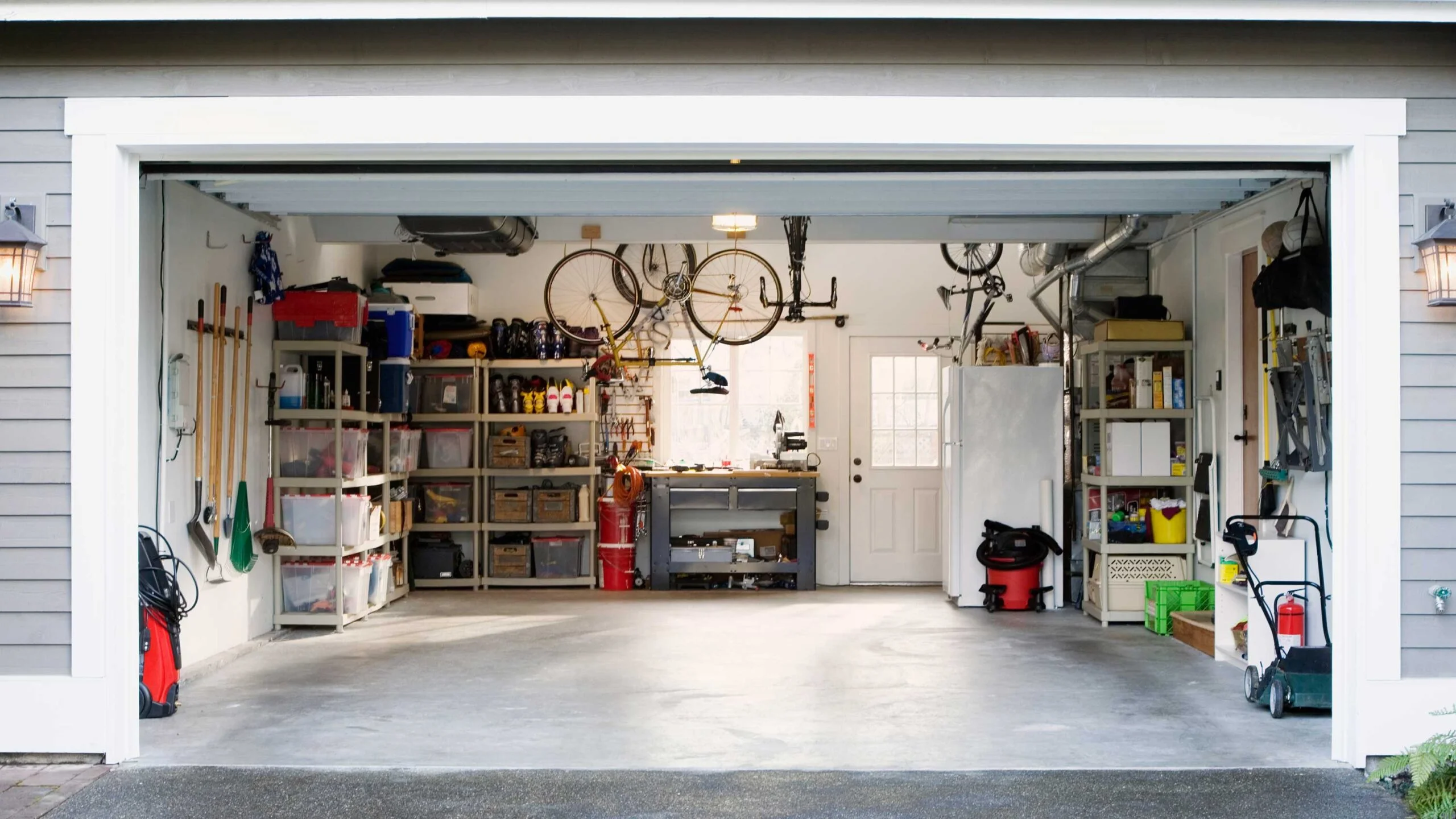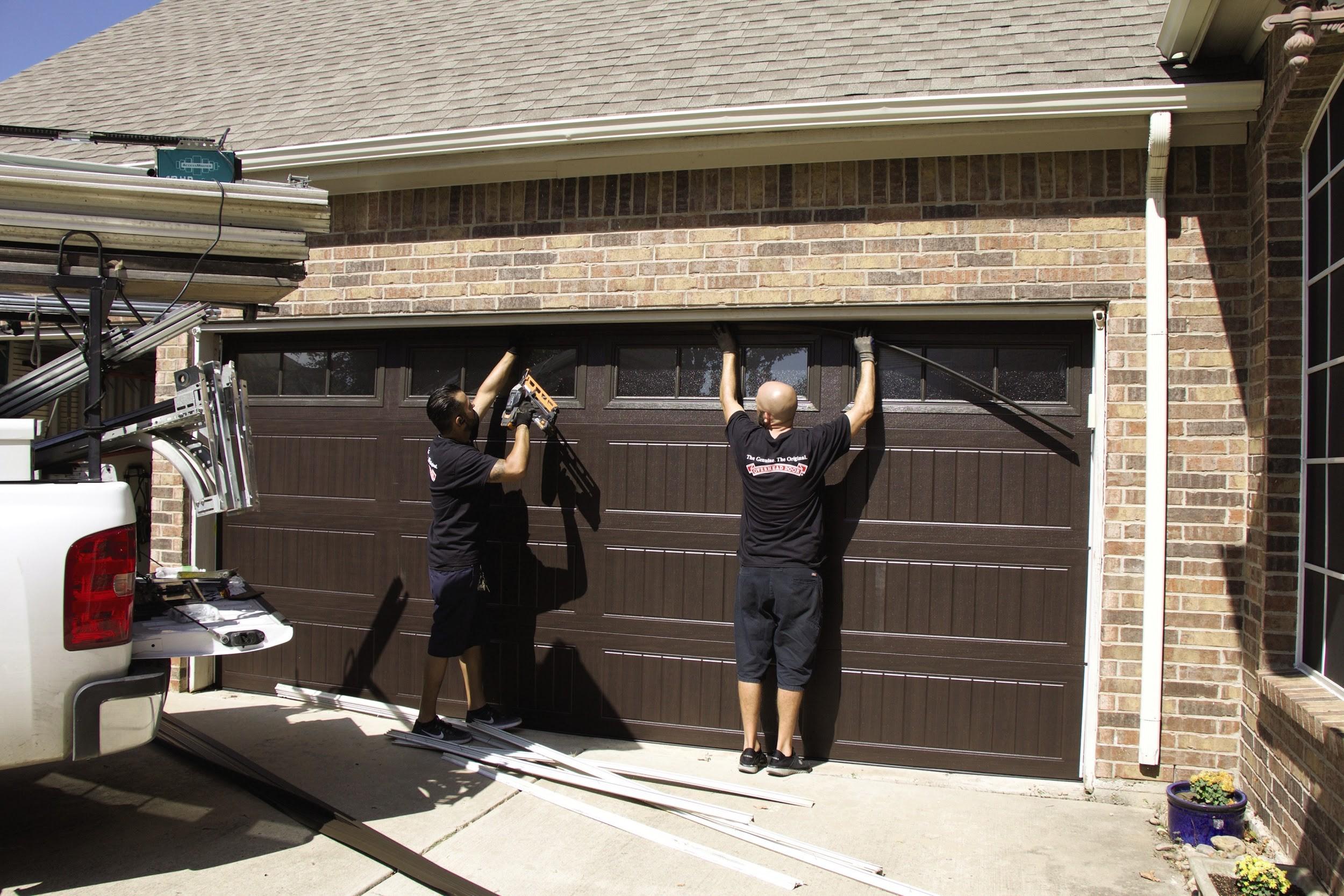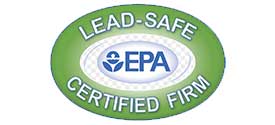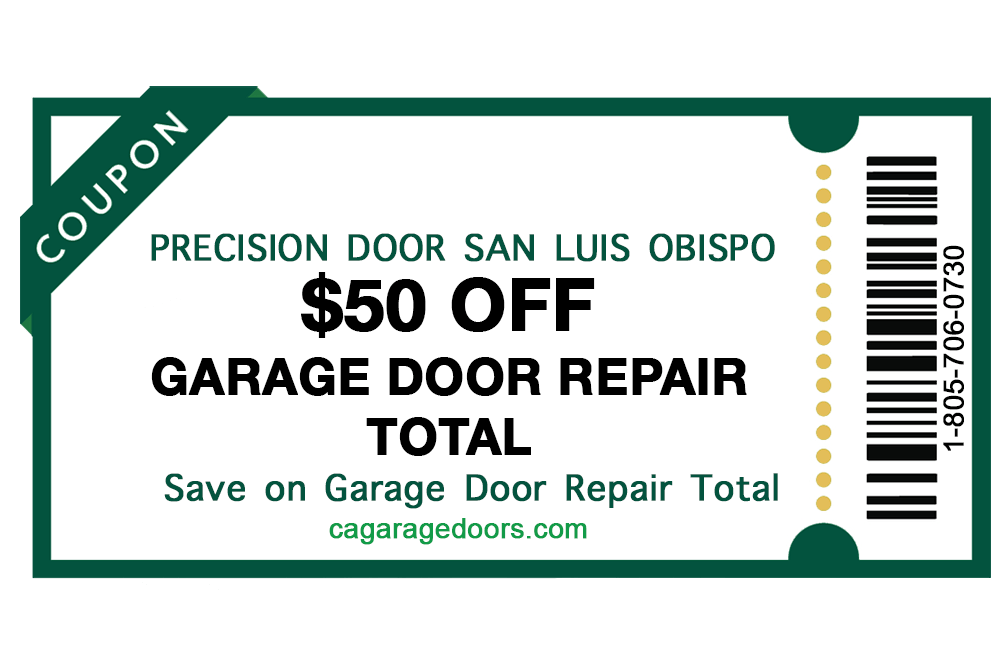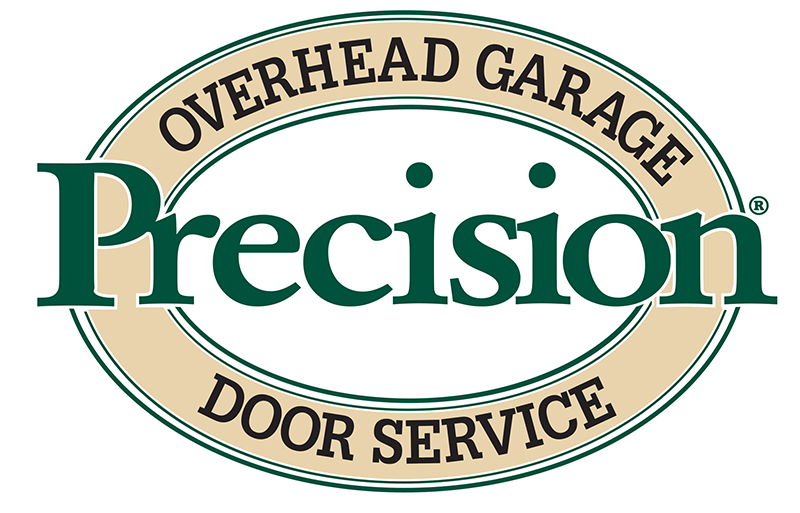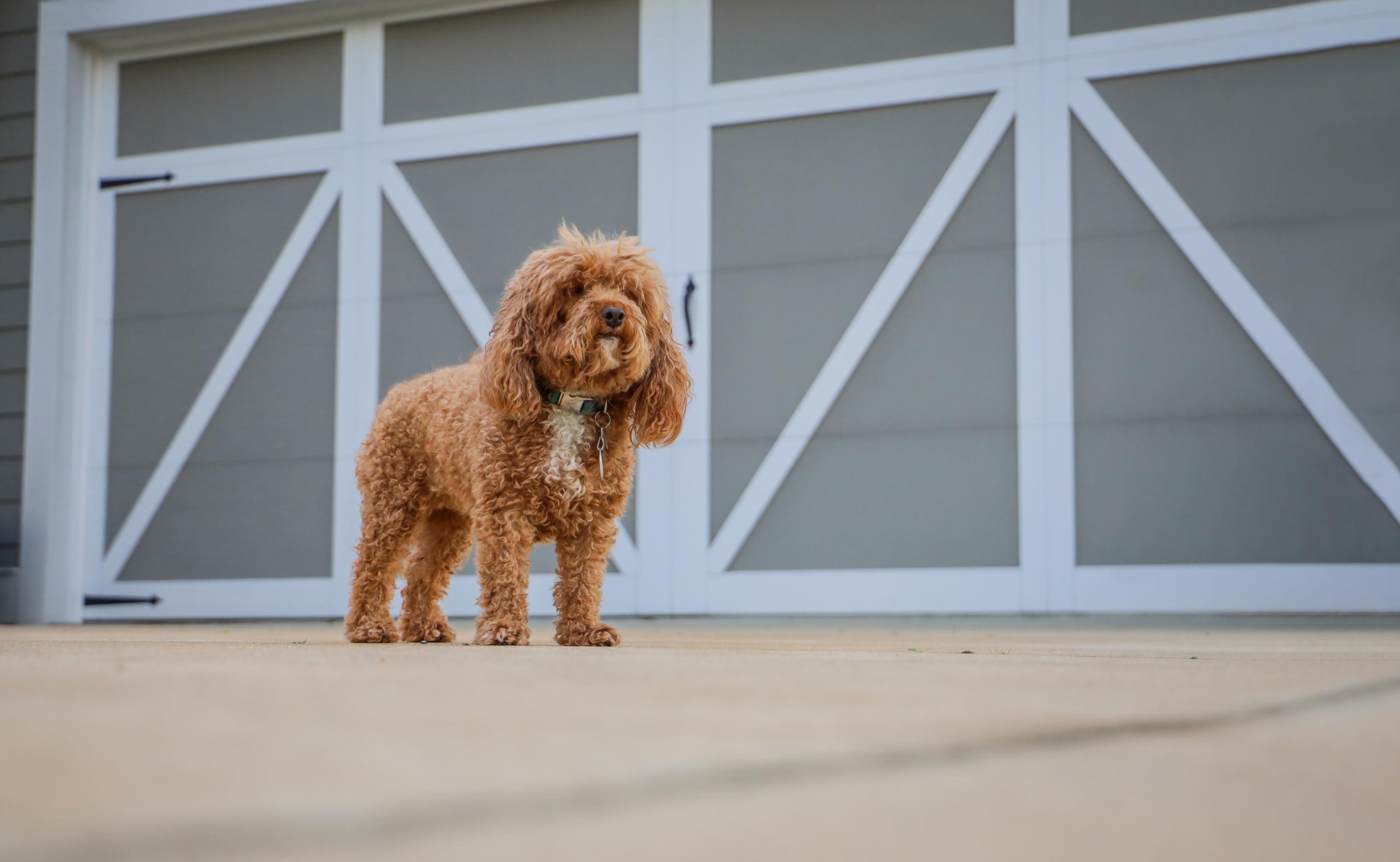 Finding a Precision Door for Your Pets
Finding a Precision Door for Your Pets
A pet-friendly precision door for your pets can be hard to find. The truth is that many sellers don’t expressly call their garage doors pet-friendly or not, which can make the search difficult. This will help you make all the right considerations so that your pet is safe.
Living in the Garage
One of the most important things you need to consider first is whether your pet lives in the garage or not. This will dramatically change what type of precision door that you need. If your pet isn’t living in the garage, then you simply need a precision garage door that keeps your pet safe if it tries to run under the door as it’s closing. There are other factors as well, but that’s one of the most important.
If your pet is living in the garage, then you need to ensure that the garage door makes the environment more hospitable for your furry friend. You want them to be comfortable and happy, not miserable and too hot or cold. Keep this in mind when considering the other factors.
Precision Door Pet Safety
Unlike people who can be mindful of garage doors closing, most cats, dogs and other pets won’t realize the danger they’re in if they run under a closing door. This can lead to injury or even death. Even if your pet is safe, they might end up damaging the door and you’ll need Santa Maria garage door repair services.
Nearly every garage door with an automatic opener has motion sensors. These project an invisible beam that, if broken, will prevent the door from closing. This beam is fine for humans and bigger dogs since it comes up to around your ankle or calf area. If you have a smaller pet, like a hamster for example or a very small dog, then the beam might be too high.
Consider your pet’s height and adjust the sensors as needed. Setting the sensors a little lower might prevent a problem in the future.
Ambient Temperature
You may not realize this, but your precision door contributes to the overall temperature of your garage. Some materials barely react to the outside temperature, which keeps your garage roughly the same. Others react significantly, which can either increase or decrease the temperature in your garage depending on the season.
You should consider this if your pet lives in the garage or spends a significant amount of time there. For example, the garage might get unbearably hot during the summer if your garage door reacts to temperatures.
Even if your pet doesn’t live in the garage, this is good to keep in mind as you want your pet to be comfortable. Consider how much the garage door affects temperature along with the outdoor weather you normally encounter.
Precision Door Ventilation
Your pet needs fresh air, just like every other living thing. If your pet lives in the garage, then they’ll need fresh air to ensure they are healthy and happy. Some garage doors help ensure proper ventilation, which your pet might need. This is especially true if your garage tends to be stuffy.
While you don’t want the garage door to be too ventilated, ensure that it helps with natural airflow to keep your pet happy. Just a little extra air might be exactly what they need to be their best.
Dings and Dents
Some pets are prone to running into walls and doors. This can be especially problematic if you have a bigger dog or another big pet as they might do a lot of damage to themselves and the door. While you might still need garage door repair in Santa Maria, you might be able to limit the number of repairs by getting the right door.
You’ll want a garage door that is highly durable and able to take a hit. At the same time, the material should be resistant to dings and dents. You also want to make sure that it doesn’t significantly hurt anything running into the door.
Asking a professional might be best for this as there are many factors to consider. You need to consider how big your pet is, how often the run into doors, how much damage they can do to themselves and the door and so on.
Easy Cleanup
Many people don’t think about this when getting a pet-safe garage door, but make sure that it’s easy to clean. Most pets, especially dogs, are curious about the world and they explore through licking. Normally, that’s pretty harmless. It can sometimes be a problem if your pet tries licking a harmful substance.
For example, consider if your garage is old and rusty. You don’t want your pet to ingest rust. Another danger is if chemicals like antifreeze were spilled on the door. If it dries and you can’t get it off, then your pet will likely try to lick it up.
You don’t need to clean your garage door all the time, but it should be easy to do when you need to. This will make things much easier for you, and it will keep your pet safe.
Sound
Many furry friends have highly developed senses of hearing. A low sound to us might be very loud to them. As such, you want to choose a garage door that is a little quieter. This is especially true if they spend lots of time in the garage. Some garage doors are very loud, especially if there is a storm or heavy winds.
This might cause your pet unneeded distress. They might have to deal with the loud sounds with pacing, barking or other such behaviors. If your pet is especially bothered by sounds, then you’ll want to consider a garage door that is a bit quieter.
Routine Repairs for Your Precision Door
You’ll want to ensure that you’re on top of repairs if you have pets. If a garage door has a ding on the bottom, then normally you can wait to get it fixed. This may not be the case with pets. Cats and dogs can squeeze themselves into small holes, so even a small ding might be large enough for them to escape.
Make sure you do repairs as needed, and consider annual maintenance just to ensure that everything is working properly.
